Our language is like a pearl inside a shell. The shell is like the people that carry the language. If our language is taken away, then that would be like a pearl that is gone. We would be like an empty oyster shell.
Yurranydjil Dhurrkay, Galiwin’ku, North East Arnhem Land
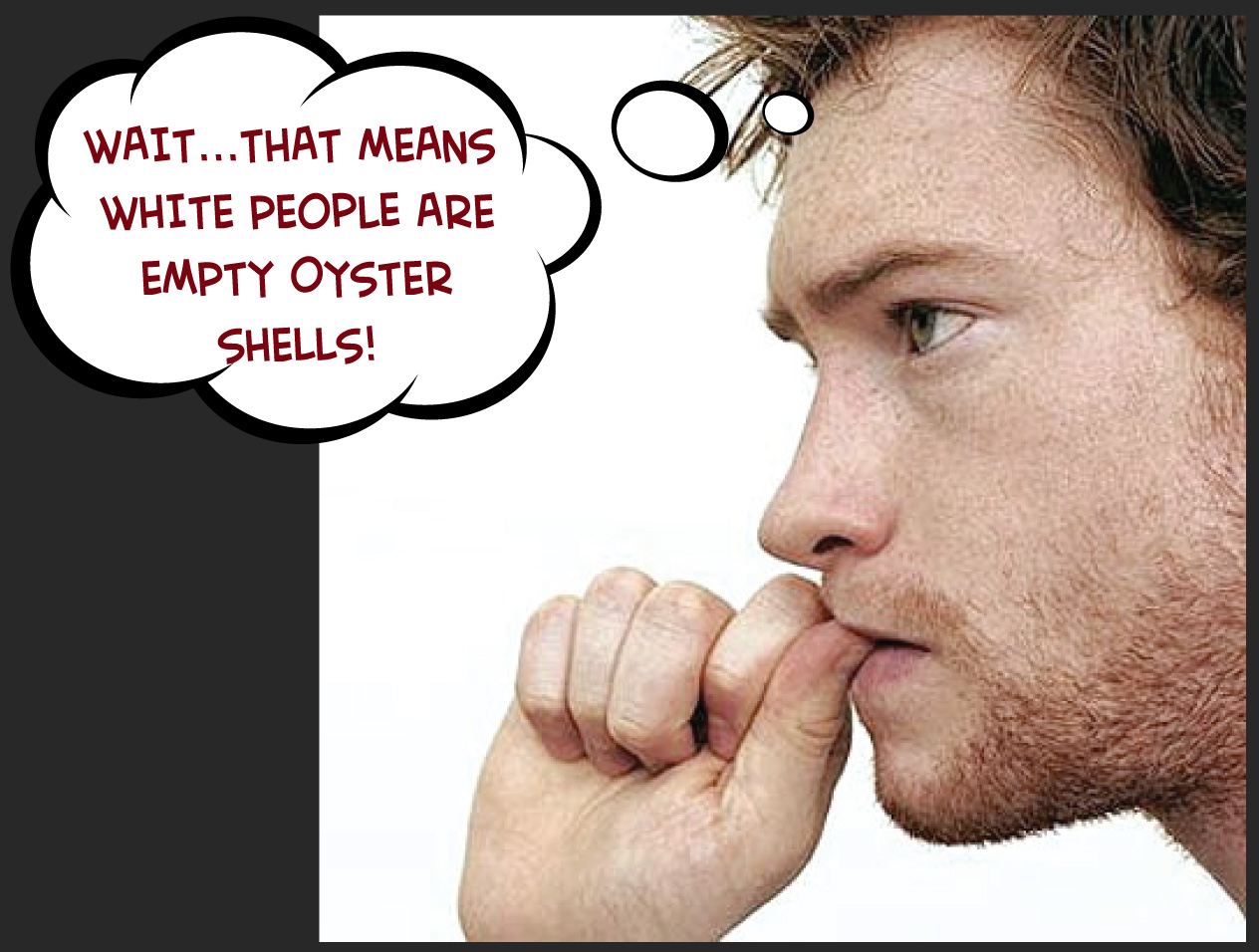 Updated October 14, 2019 – The basic understanding shared in the quote above can be hard to digest for spiritual seeking settlers, neo-pagans, eclectics, and those pursuing ancestral recovery work.
Updated October 14, 2019 – The basic understanding shared in the quote above can be hard to digest for spiritual seeking settlers, neo-pagans, eclectics, and those pursuing ancestral recovery work.
The inherent power and presence of Indigenous language that remains closely tied to the land it originates from – is hard to understand – unless you have lived in those relationships.
As a person who is not only relearning my ancestral language, but engaged in linguistic archeology of that language, I have first-hand experiential understanding of the power of Indigenous language and its role in shaping spiritual and cultural relationships with Life. This understanding is further reflected in conversation with language speaking knowledge keepers of other nations.
These understandings provide visible guideposts into what we have lost as individuals from a people, from a place. It’s a clear mirror that allows us to see how much is missing when we attempt to create re-indigenizing spiritual and cultural ceremonies and practices but based in english language.
I believe the desire for these practices is natural and healthy. But I also believe we have to be honest – really honest – in realizing that cultural practices based in english are missing integral elements to their wholeness, connection, and power.
This is a provocative understanding to take in. If deeply considered, it will raise unsettling questions about what we think and say we may be doing within a cultural or spiritual pathway like neopaganism or ancestral recovery IF recovering Indigenous language and its associated ways of thinking and being are not a significant part of that path.
To encourage people of european heritage to sit thoughtfully in this understanding, a whole series of related quotes are shared below from Indigenous elders, activists, and teachers from different nations around the world. Please read and consider all of them.
What we learn from these understandings is this:
- Indigenous language is living part of the land itself. They cannot be separated.
- Indigenous language is the heart of an individual and the soul of a people.
- Indigenous language is what connects a people to their place – spiritually, culturally, and across time.
- Indigenous language is how Indigenous people communicate with life in their place including ancestors and other relatives.
- The language of spirit and ceremony in a place is its Indigenous language. It is not english.
- Without our Indigenous language, we are like empty shells that lack the means to access real cultural or spiritual connection in our current or ancestral homes.
- Without our Indigenous language, we (including our children) will be indoctrinated to the cultural identities and value systems of eurocentric, colonial culture that lives in the english language.
- To recover our lost Indigenous ways of thinking and being, we must relearn or recover our Indigenous languages.
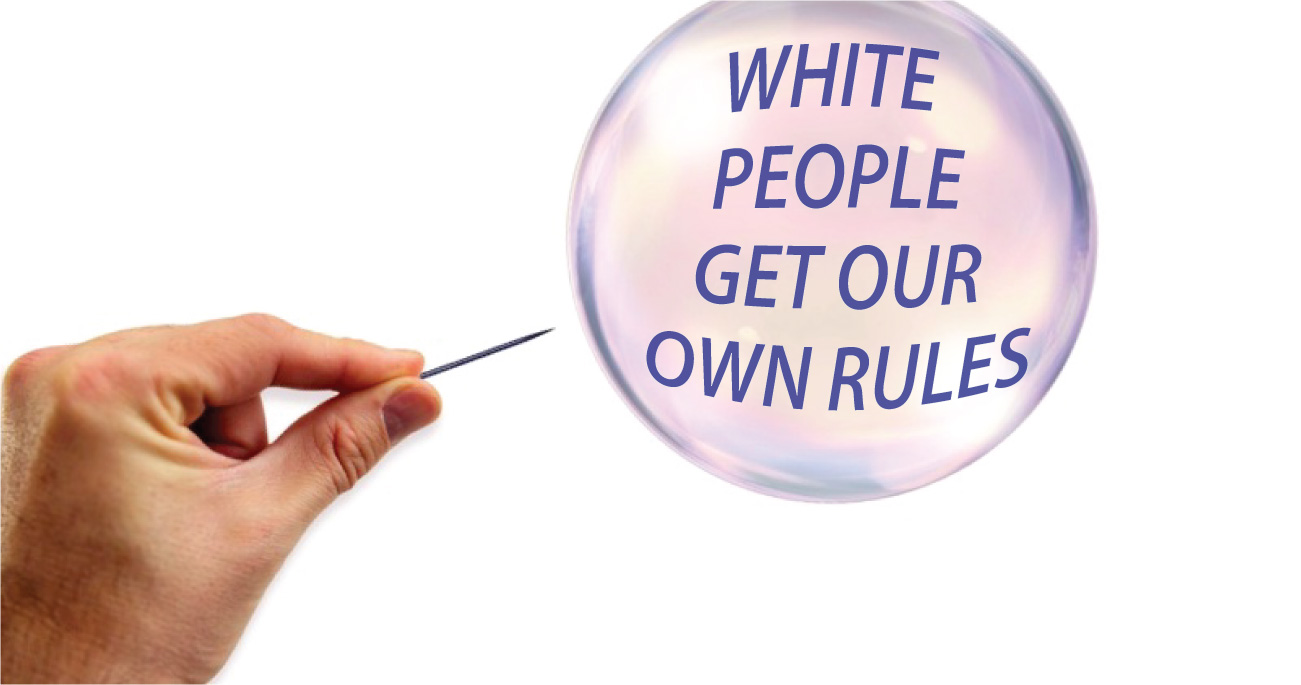 If these understandings are true, and it sure seems like alot of long-lived Indigenous peoples have found them to be, then why do white people so often act as if they don’t apply to us?
If these understandings are true, and it sure seems like alot of long-lived Indigenous peoples have found them to be, then why do white people so often act as if they don’t apply to us?
The idea that white people are somehow exceptional, or able to disregard the same guiding knowledge of life that has served Indigenous peoples of this world for so long, are attitudes grown from white supremacy and colonialism. The same rules DO apply to us, and the dire consequences for losing these understandings are evident all around us.
English is NOT an Indigenous language. It is the language of eurocentric white supremacy, colonial occupation, and the melting pot of cultural erasure. When we ascribe equivalence between english and Indigenous language, we are lying to ourselves and inflicting trauma on others. We are committing an act of colonialism.
We must rid ourselves of these false and genocidal attitudes and instead undertake deep reflection on what may be required for our lost people of european heritage to recover language as the means to re-connection, healing, and acting with authentic love and respect. We must find a way to be honest with ourselves abo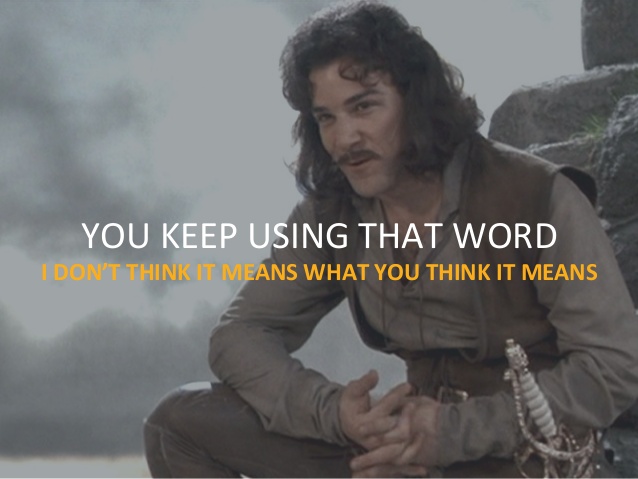 ut what we are actually creating, and the kinds of cultural depth, spiritual abilities, or ceremonial presence we may claim to possess.
ut what we are actually creating, and the kinds of cultural depth, spiritual abilities, or ceremonial presence we may claim to possess.
As an example, do we really understand within the deeply rooted knowledge and philosophy of our Indigenous language and culture, what a word like “sacred” even means or how to respect it? Our ignorance and disregard has consequences.
We can find the integrity and determination to relearn and recover our Indigenous languages for the benefit of ourselves, our children, our land, and all life. While it won’t be done over-night, within language we can rediscover our connections and identities as people of a place, whose unique and beautiful ways of communicating with life are critical to the health and balance of the whole world. Hau gure bidea da – this is our path.
Get the latest updates and resources...
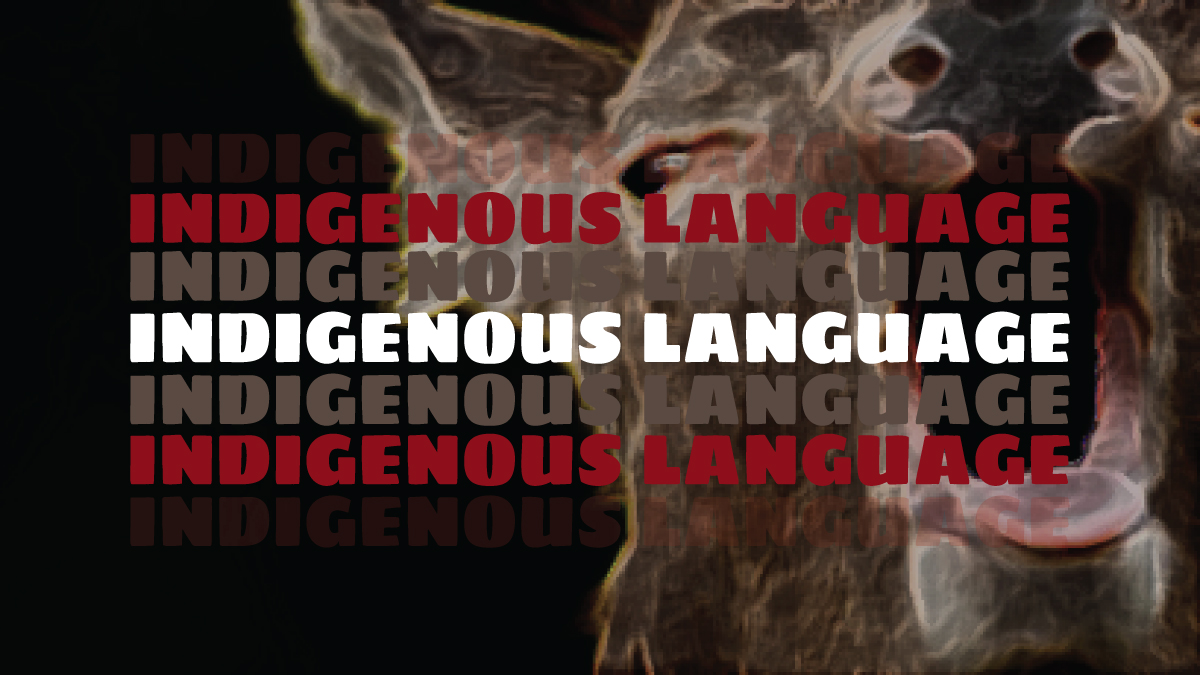
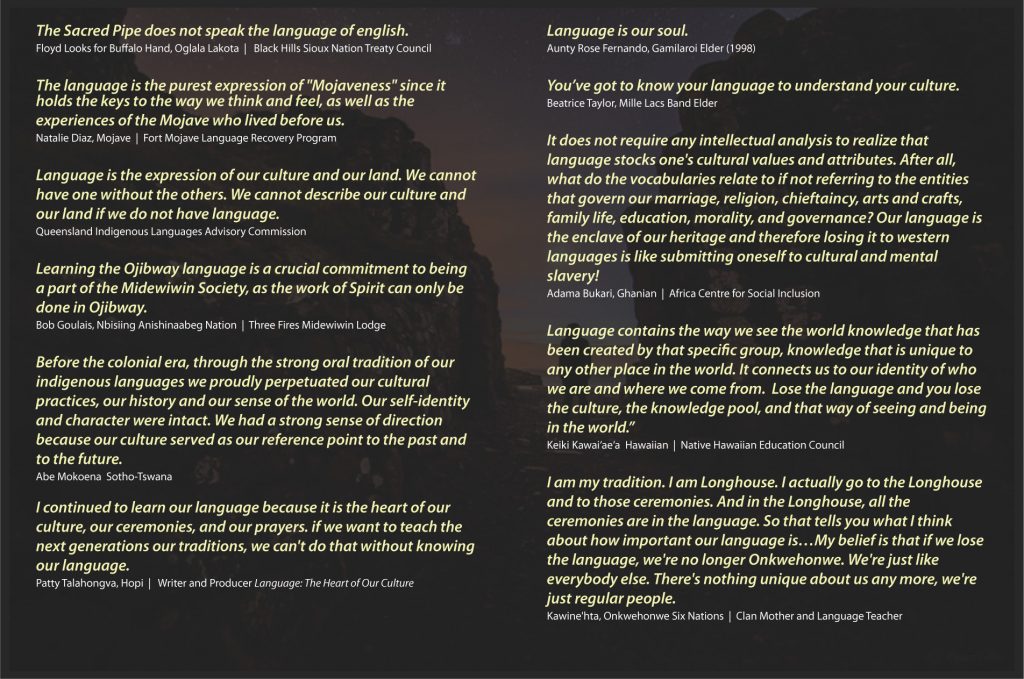
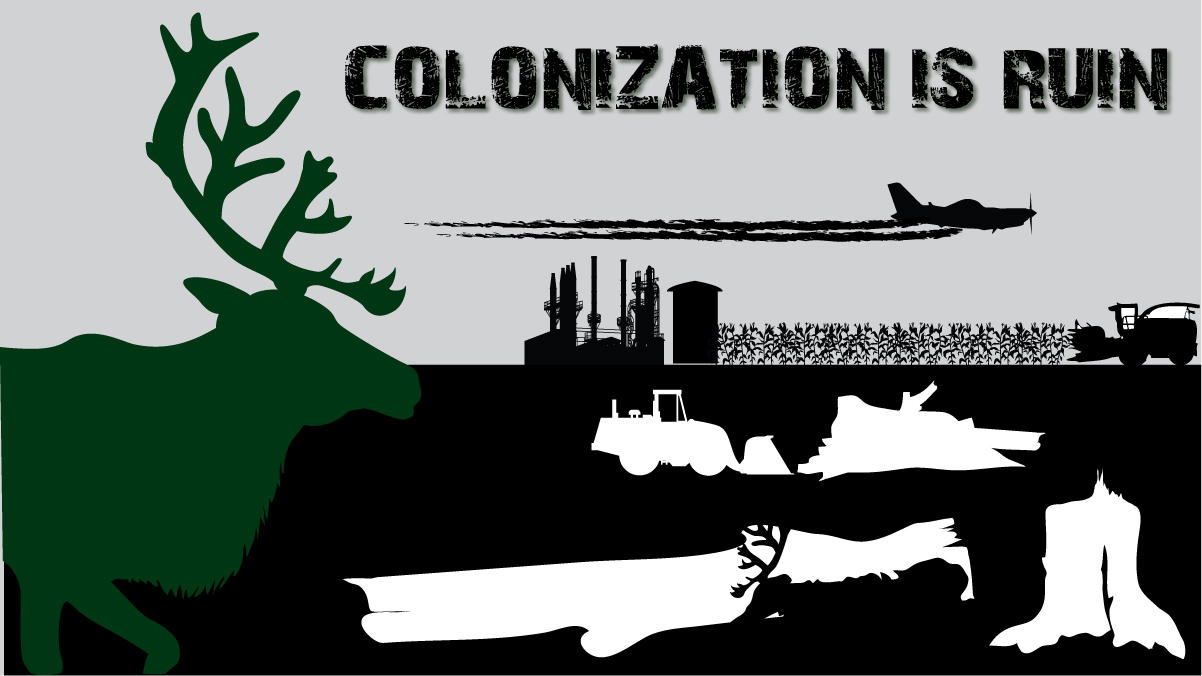
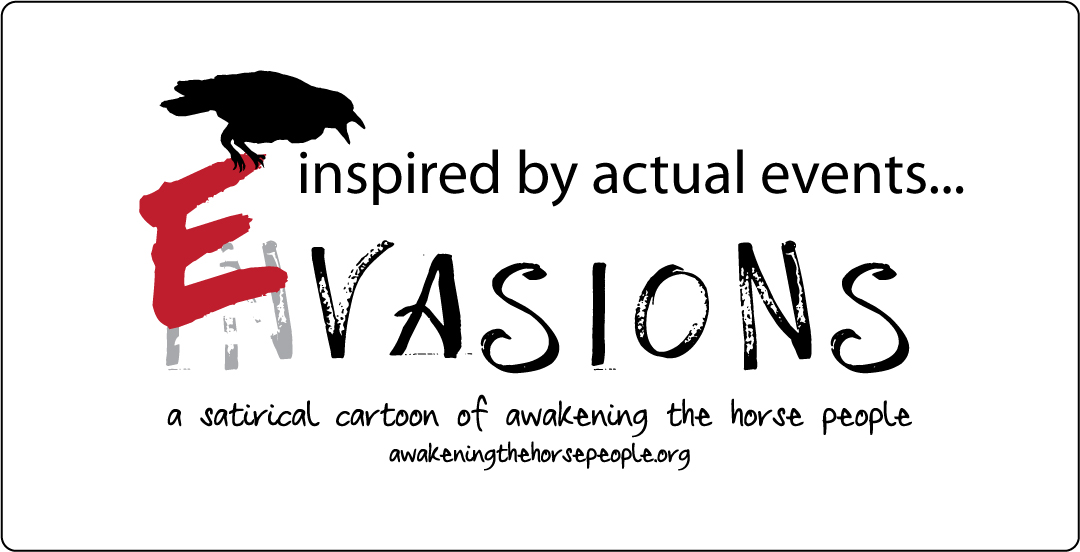
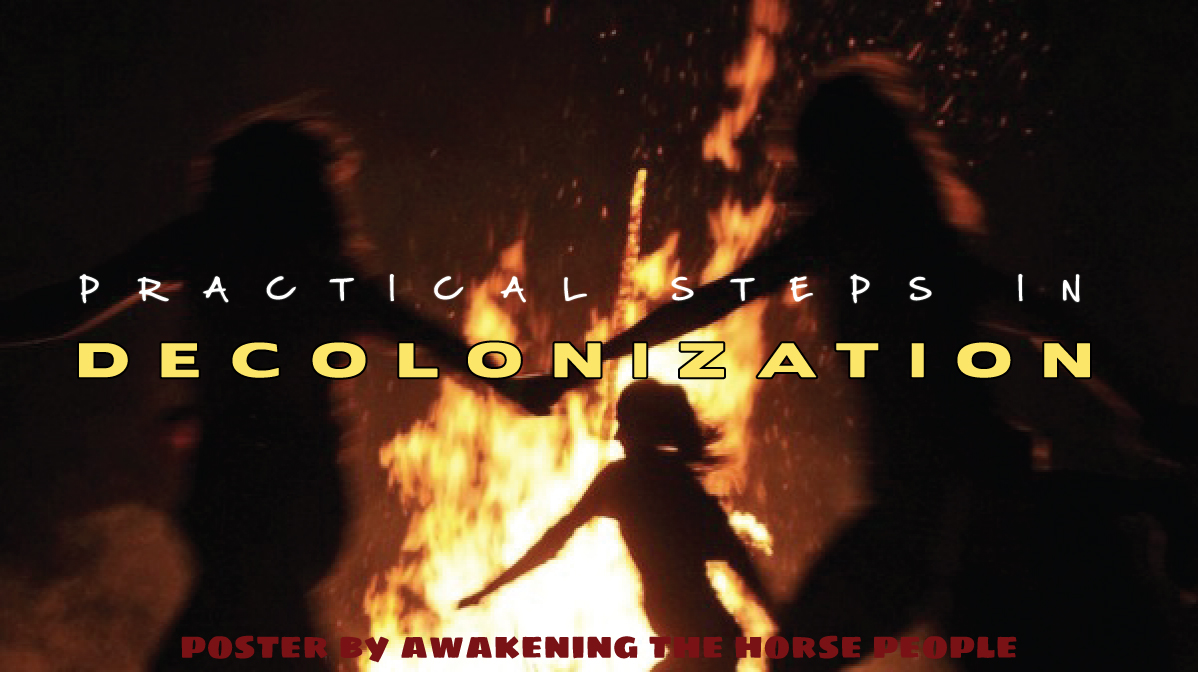
Reblogged this on Unsettling America.
Just starting to explore your site. It all looks very exciting. I totally get the importance of language. However, which indigenous language should I look to? My father’s family was from Scotland and my mother’s Poland. And I’m sure there are others who have even more mixtures. Is it just pick one and start? And I’m 55 years old. I’d be lucky to learn phrases. I don’t think I’d ever be able to learn a language at this late stage to help me re-indigenize my brain.